I am working on to create the alerts in azure with Terraform scripts. I am trying to create different metric type alerts for different resources. (For example: functionapp01, functionapp02, logicapp01 and logicapp02 etc.)
This is the script:
terraform {
required_version = ">=0.12"
}
resource "azurerm_monitor_metric_alert" "metric_alert" {
name = var.metric_alert_name
resource_group_name = var.rg_name
scopes = [var.resource_id_01,var.resource_id_02]
description = var.metric_alert_description
tags = var.tags
frequency = var.frequency
severity = var.severity
window_size = var.window_size
enabled = var.is_enabled
criteria {
metric_namespace = var.metric_namespace
metric_name = var.metric_name
aggregation = var.aggregation
operator = var.operator
threshold = var.threshold
}
action {
action_group_id = var.action_group_id
}
}
Whenever I run the above script, then I am getting the below error:
Service returned an error. Status=400 Code="BadRequest" Message="Alerts are currently not supported with multi resource level for microsoft.web/sites
Reference Links:
Metrics and Dimensions Supported
So, can anyone suggest me on this issue?

